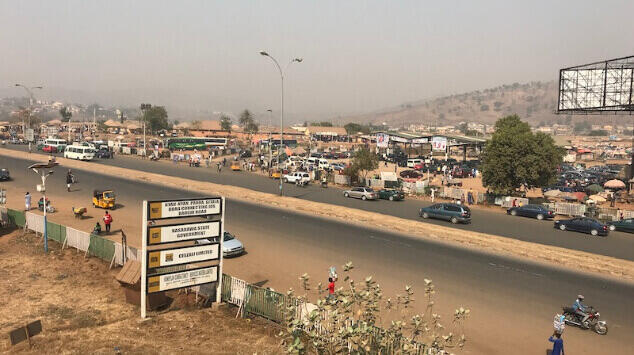
Menu
Menu

Abuja, the capital of the Federal Republic of Nigeria, is the new capital relocated in 1991 from the former capital, Lagos. In developing the new capital, a master plan was formulated in 1979, and development was implemented. The population of Abuja has continued to grow at a rate that exceeds the national population growth rate and is projected to reach 11 million by 2035. Although Lagos is still the center of the country's economy, due to the rapid population growth and urbanization in recent years, the importance of Abuja as an economic and social center has increased in addition to its function as a center of administration. Abuja is also geographically located in the center of the country and construction works such as expansion of the international airport, railways connecting satellite cities around the federal capital city, and trunk roads are in progress. For these reasons, Abuja is expected to develop the economy of Nigeria as well as Lagos.
However, with increasing the number of people living in the zones outside the master plan (predicted to reach a quarter), the problems related to cities such as traffic congestion, formation of slums, environmental degradation, pollution are becoming apparent in Abuja. They are caused by rapid population increase, lack of capability to supervise the implementation of urban development, and shortage of financial resources and can hinder the economic activities and the lives. Under these circumstances, we investigated the situation of urban development after formulating the master plan in 1979 and summarized the important matters to be considered when revising the master plan.
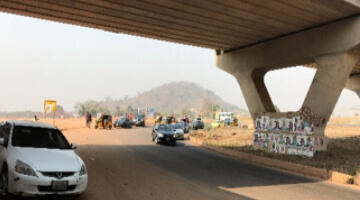
Main intersection (Apo Roundabout)
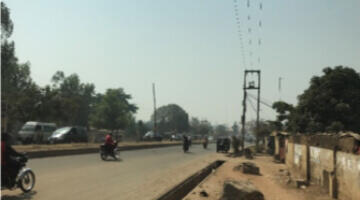
City road

Satellite town
Urban development contains activities in various fields. We have project experience in Nigeria in many development sectors such as transportation, solid waste management, water supply, and electricity. Therefore, we efficiently analyzed the gaps between infrastructure development plans formulated after the master plan and the current situation, and summarized issues on the future development based on extensive experience. In addition, we gathered information about the current situation in Abuja not only from the aspect of infrastructure development but also on housing development, industrial development, NGO activities, environmental and social consideration procedures, and participation of the private sector in urban development projects. Based on the collected information, we analyzed issues that need to be considered when revising the master plan. The results of the investigation and analysis will be utilized by the Japan International Cooperation Agency (JICA) when considering the cooperation policy for the revision of the Abuja Master Plan.
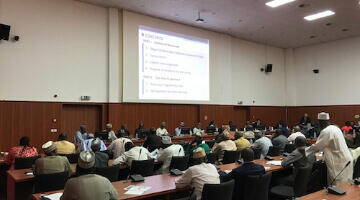
Discussion with the Nigerian side
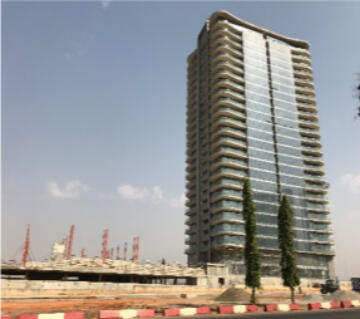
Building construction by the private sector
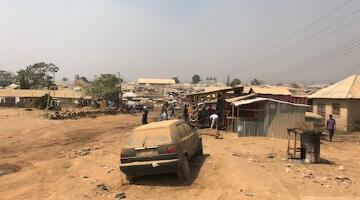
Slum area
Project Details